Balers are machines used to compact and bundle various materials into dense and manageable packages, known as bales. These machines are widely used across a range of industries to facilitate the handling, storage, and transportation of materials efficiently. The primary function of balers is to compress loose materials such as hay, straw, cardboard, plastic, paper, aluminum cans, and other recyclable materials into compact bales that are easier to store and transport. Read More…
Since 1962, Maren has led the industry, building powerful and reliable manual tie, automatic tie and two ram balers, shredders and conveyors. That’s why many of the most successful paper & box plants, distribution centers, post consumer recyclers, and printers rely on Maren Balers to bolster their bottom line. Maren’s reputation for great customer service has carried from generation to...
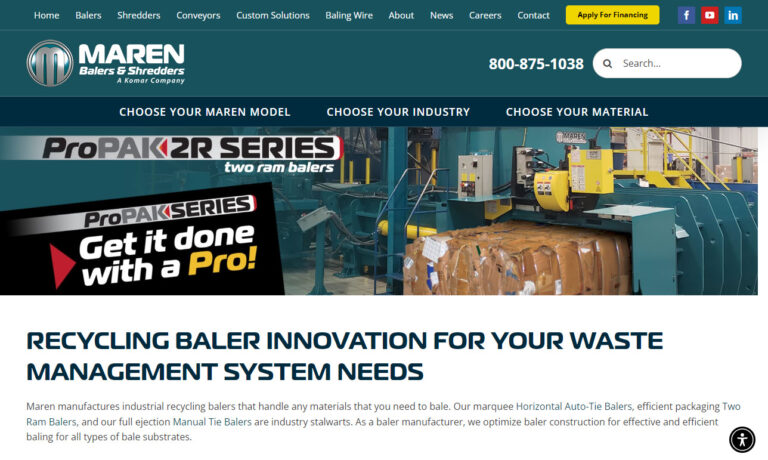
The only thing stronger than an Excel baler is the loyalty of our customers. Excel continues to break new ground by designing equipment with energy-saving technologies, developing balers to fit your business and solve your problems, and introducing products that process more material and make you more money. While the competition makes their balers cheaper, we make Excel balers better!
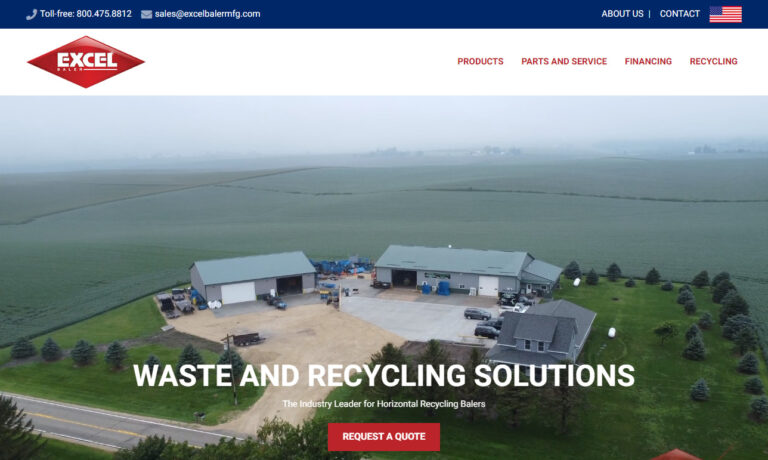
If you are currently paying for the disposal of cardboard, paper, plastic or non-ferrous metals; than consider International Baler Corporation & our range of balers and related equipment.
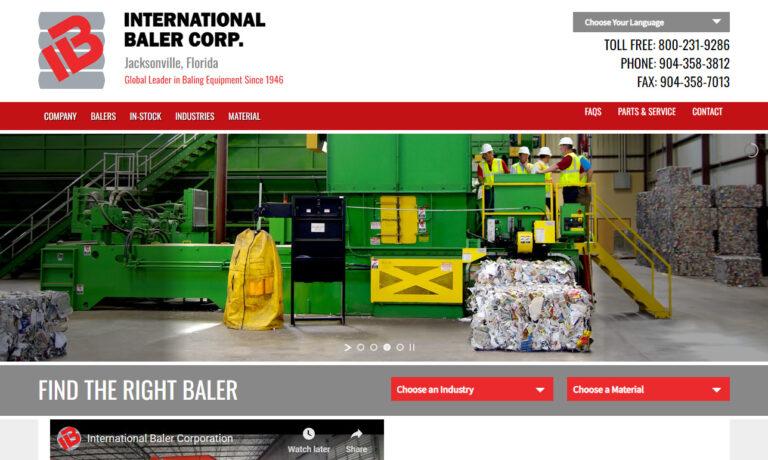
Founded in 1981, Ely Enterprises, Inc. has established itself as a leader in the baler manufacturing industry, specializing in premium baler products essential for effective material handling and waste management. Our balers are designed to maximize efficiency, reduce waste, and help companies optimize their recycling processes, benefiting industries from recycling and manufacturing to waste...
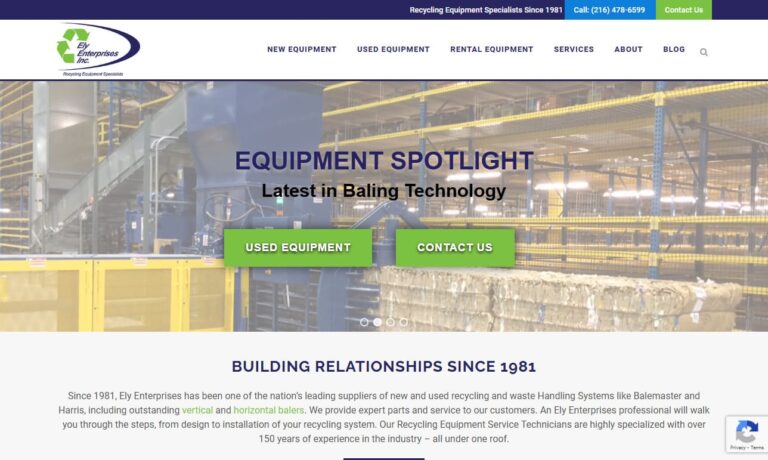
SSI Shredding Systems provides a wide range of waste management products, including industrial shredders, industrial balers, industrial reducers and industrial compactors.

More Industrial Baler Manufacturers
Balers play a vital role across agricultural, recycling, and waste management sectors due to their versatile applications. Their design and features adapt to different needs and materials being processed. Whether it’s square balers, round balers, or specialized variants, each type excels in efficiently managing specific materials and volumes, ensuring optimal performance tailored to diverse operational demands.
Components of Balers
A baler comprises essential components that work in harmony: a pick-up or gathering system, a compression chamber, and a baling unit. Some models also feature a knotter or wire tier, a hydraulic system, and a bale ejector, each serving specific functions detailed below.
The pick-up or gathering system initiates the process by collecting material and feeding it into the baler. Typically equipped with rotating tines or belts, this system efficiently transfers material into the compression chamber, ensuring a consistent supply.
Within the compression chamber, the transformation begins. Here, a plunger compresses the collected material into a compact bale. The chamber’s size and design dictate the bale’s dimensions and density, optimizing storage and transportation efficiency.
The baling unit completes the process by binding the compressed material into a stable bale. Depending on the baler model, this can be achieved through a knotter, using twine or netting, or a wire tier, employing wires for secure fastening. This final step ensures the bale maintains its structural integrity during handling and storage.
The hydraulic system drives critical functions within the baler, powering the plunger’s motion, pick-up operations, and the baling unit itself by delivering essential pressure and force.
In certain baler models, a bale ejector aids in expelling the finished bale from the compression chamber, facilitating its placement on the ground or onto a bale wagon. This feature streamlines the unloading process, enhancing overall efficiency.
Baler configurations vary widely, tailored to specific needs and crop types. Small square balers often incorporate a knotter system, whereas larger round balers typically utilize a wire tier. Some models may include additional capabilities like bale density control or adjustments for bale shape.
Choosing the appropriate components depends on several factors such as the crop type, desired bale dimensions, power source availability (PTO or hydraulic), and operational capacity. For example, a farmer managing extensive hay production might select a high-capacity round baler equipped with a bale ejector and wire tier, whereas someone with smaller-scale needs might prefer a small square baler featuring a knotter system.
To summarize, balers are pivotal in diverse industries, their performance hinging on seamless integration and optimal functionality of multiple components. The selection of these components is tailored to factors such as crop variety, bale dimensions, power supply, and capacity demands. By comprehending how these parts operate in conjunction, farmers can adeptly choose the ideal baler to suit their specific requirements.
Types of Balers
Small square balers, ubiquitous in agriculture, extend their utility beyond farming into diverse non-agricultural domains. In waste management, they excel at compacting recyclable materials such as cardboard, paper, and plastics into neat bales, streamlining transport and recycling efforts. Furthermore, these balers prove indispensable in the textile industry, where they efficiently compress and package textile waste, easing the burden of handling and recycling. Across manufacturing and packaging sectors, small square balers play a pivotal role in consolidating surplus materials and waste products into manageable bales, thereby optimizing storage and disposal practices.
Similarly, round balers, traditionally associated with agricultural operations, demonstrate remarkable versatility across non-agricultural sectors. Within waste management, round balers efficiently compress and bundle municipal solid waste, significantly reducing its volume for more cost-effective transport and disposal. Their contribution extends into the recycling industry, where they are instrumental in compacting shredded paper, plastic bottles, cans, and other recyclables into dense bales, facilitating their seamless handling and transportation. Additionally, round balers play a crucial role in the packaging industry by bundling a wide array of materials, ensuring secure shipment and efficient storage solutions.
Specialty balers, such as cotton balers and straw balers, are versatile tools used in both agricultural and non-agricultural contexts. Cotton balers are essential in the textile industry, where they efficiently package raw cotton fibers for transportation and further processing. Meanwhile, straw balers are widely used in construction and landscaping for purposes like erosion control and slope stabilization, with bales of straw serving as barriers on construction sites and in revegetation projects.
In essence, small square balers, round balers, and specialty balers are employed in a variety of fields beyond traditional agriculture. Their ability to compress and bundle materials makes them invaluable in waste management, recycling, textiles, packaging, and construction. Whether it’s baling recyclables, optimizing waste disposal, or facilitating efficient material handling, these balers provide essential solutions that enhance productivity and sustainability in both agricultural and non-agricultural environments.
Factors Impacting Baler Choice
When choosing a baler for different industries and applications, several key factors come into play, affecting the efficiency, productivity, and cost-effectiveness of baling processes. Whether in agriculture, waste management, recycling, textiles, packaging, or construction, these considerations are crucial. The type of material to be baled is paramount, as each material has unique characteristics that influence the choice of baler. Whether dealing with hay, straw, cotton, cardboard, plastics, or municipal solid waste, selecting the right baler for the specific material ensures optimal performance. Additionally, the desired bale size and shape are vital factors. Various industries have specific requirements for bale dimensions, and choosing the appropriate baler ensures compatibility with handling equipment and storage facilities. Compact, uniform bales enable efficient transportation, storage, and further processing. Furthermore, the availability of handling equipment and labor resources also significantly impacts the choice of baler across different industries. In scenarios where mechanized handling is feasible, round balers or larger balers are often favored for their ability to expedite processing and boost productivity. On the other hand, small square balers are ideal for operations that rely on limited labor or manual handling. Storage and transportation capabilities are essential considerations when selecting a baler. The chosen baler should match the available storage space and be compatible with the intended transportation methods. Round balers are typically preferred for efficient stacking and long-distance transport, while small square balers are well-suited to smaller storage spaces. Cost-effectiveness is crucial across all industries. Balers are available at various price points, and the budget for equipment acquisition can influence the choice. However, balancing cost with long-term efficiency is essential to ensure the baler meets the operation’s specific needs. Different industries may have unique baling requirements, such as adhering to quality standards, environmental regulations, or specific end-use applications. Considering these industry-specific factors ensures that the selected baler aligns with the desired outcomes. By thoroughly evaluating these factors, one can make an informed decision when choosing a baler, optimizing efficiency, productivity, and cost-effectiveness while meeting the specific needs of their operation.
Benefits of Balers
Balers are invaluable across many industries, enhancing efficiency, productivity, and sustainability. Whether used in agriculture, waste management, recycling, textiles, packaging, construction, or other sectors, balers offer key advantages. They compress and bundle materials, streamlining handling, optimizing storage, preserving material quality, and supporting environmental sustainability through waste management and recycling. This results in significant cost savings and versatile material handling. By creating standardized, compact bales, balers simplify transportation and storage, making them essential for improving processes and achieving cost-effective solutions. Their role in boosting productivity and promoting eco-friendly practices underscores their value in diverse applications, both agricultural and non-agricultural.
Applications of Balers
Balers play a crucial role across numerous industries, significantly cutting down waste, boosting efficiency, and saving both time and labor. Let’s explore some of these diverse applications in detail below.
Agriculture
In the world of agriculture, balers play a crucial role by gathering, compressing, and binding hay, straw, and various forage crops into manageable bales. Farmers rely on these machines to streamline the collection process, making storage, handling, and transportation much more efficient. Baled hay and straw are vital resources for feeding livestock during the winter months or when forage is scarce. Similarly, in the cotton industry, balers are indispensable for compacting and packaging cotton fibers, facilitating easier transport and storage.
Waste Management
Balers are essential in the waste management and recycling industries. Recycling centers utilize balers to compact and bundle recyclable materials like cardboard, paper, plastics, and aluminum. These compact bales make handling and transportation to recycling facilities more efficient, reducing waste volume and promoting environmental sustainability.
Packaging
Balers play a crucial role in the packaging industry by compressing and bundling diverse materials. In manufacturing settings, these machines help manage and dispose of excess or waste materials efficiently by baling them. This process not only simplifies waste management but also reduces the volume of packaging materials, thereby making transportation and storage more cost-effective.
Textile and Clothing
In the textile and clothing industries, balers are utilized to compress and bundle textile waste, including offcuts, trimmings, and defective garments. These compacted bales are subsequently recycled or sold to other industries, where they are repurposed into materials such as insulation or car seat filling.
Landscaping and Erosion Control
In the realm of landscaping, straw balers are instrumental in crafting compact bundles of straw. These bundles serve a dual purpose: they safeguard against soil erosion and foster the growth of new vegetation in areas undergoing construction or revegetation efforts.
Waste-to-Energy
In waste-to-energy plants, balers play a crucial role in compacting waste materials into bales, which are then utilized as a fuel source for energy generation. By streamlining waste handling processes, these balers effectively minimize landfill-bound waste volumes, thereby fostering sustainable energy production.
Paper Manufacturing
Balers play a crucial role in the paper manufacturing sector by compacting and bundling paper waste like trimmings and rejects from production. These compacted bales are subsequently recycled or repurposed in various manufacturing operations.
Recycling
Balers play a crucial role in recycling by compacting and bundling materials like cardboard, paper, and plastic. This compression minimizes storage and transportation space, enhancing the cost-effectiveness of recycling operations.
Construction
Balers serve a crucial role in construction by compacting and bundling waste materials like wood, drywall, and insulation for efficient disposal. Their function reduces material volume significantly, streamlining transportation and disposal processes to be more manageable and economical.
Food Industry
Balers find practical application in the food industry by compacting and bundling food waste, encompassing everything from fruit and vegetable scraps to packaging materials.
Their versatility and effectiveness make balers essential in numerous sectors, enhancing productivity, waste management, and sustainability efforts. By compressing and securing diverse materials into bales, they streamline handling, storage, and transportation processes, providing invaluable solutions across today’s diverse industrial settings.
Choosing the Correct Baler Supplier
For optimal productivity in selecting a baler supplier, utilize our comprehensive directory to compare multiple companies. Each supplier is showcased with a detailed business profile outlining their expertise and offerings. Engage directly through our contact forms to inquire further or request quotes. Our patented website previewer lets you swiftly grasp each company’s specialization. Simplify your process by using our unified RFQ form to reach out to several baler companies effortlessly.

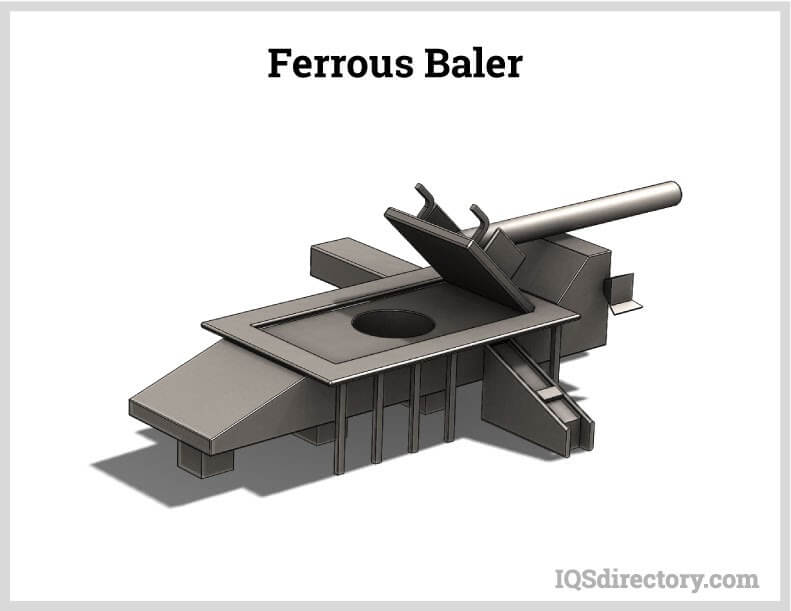
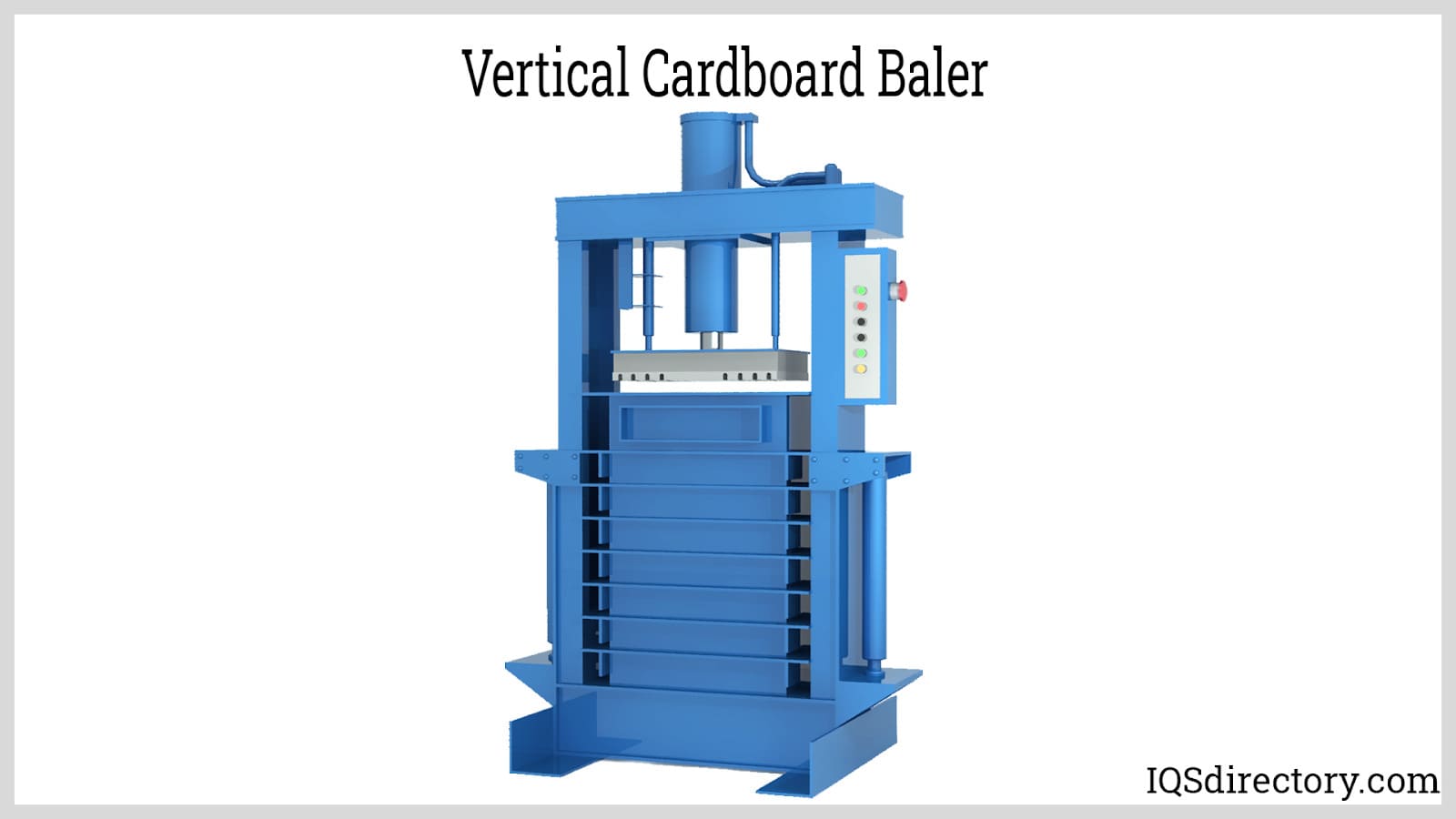
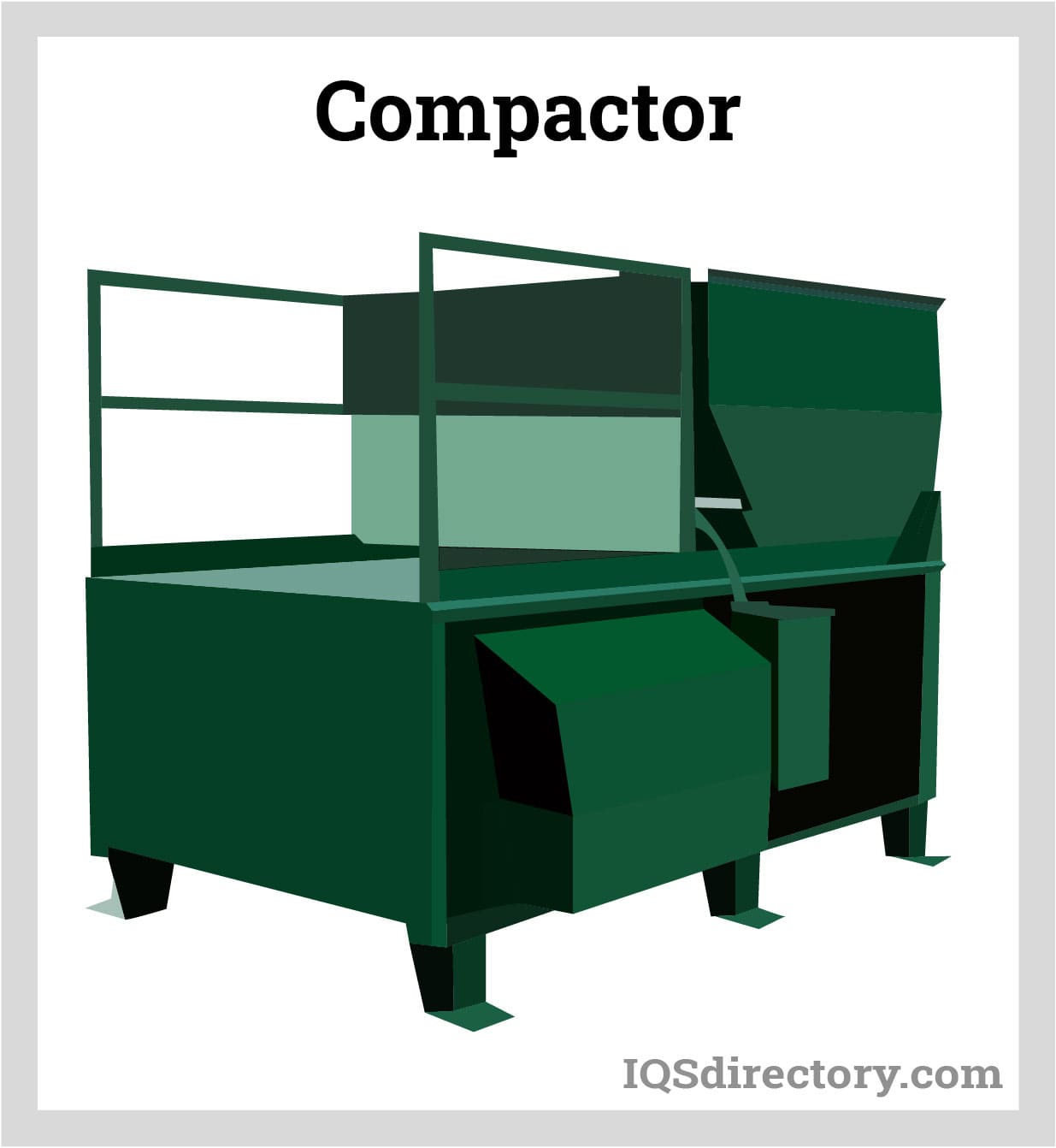
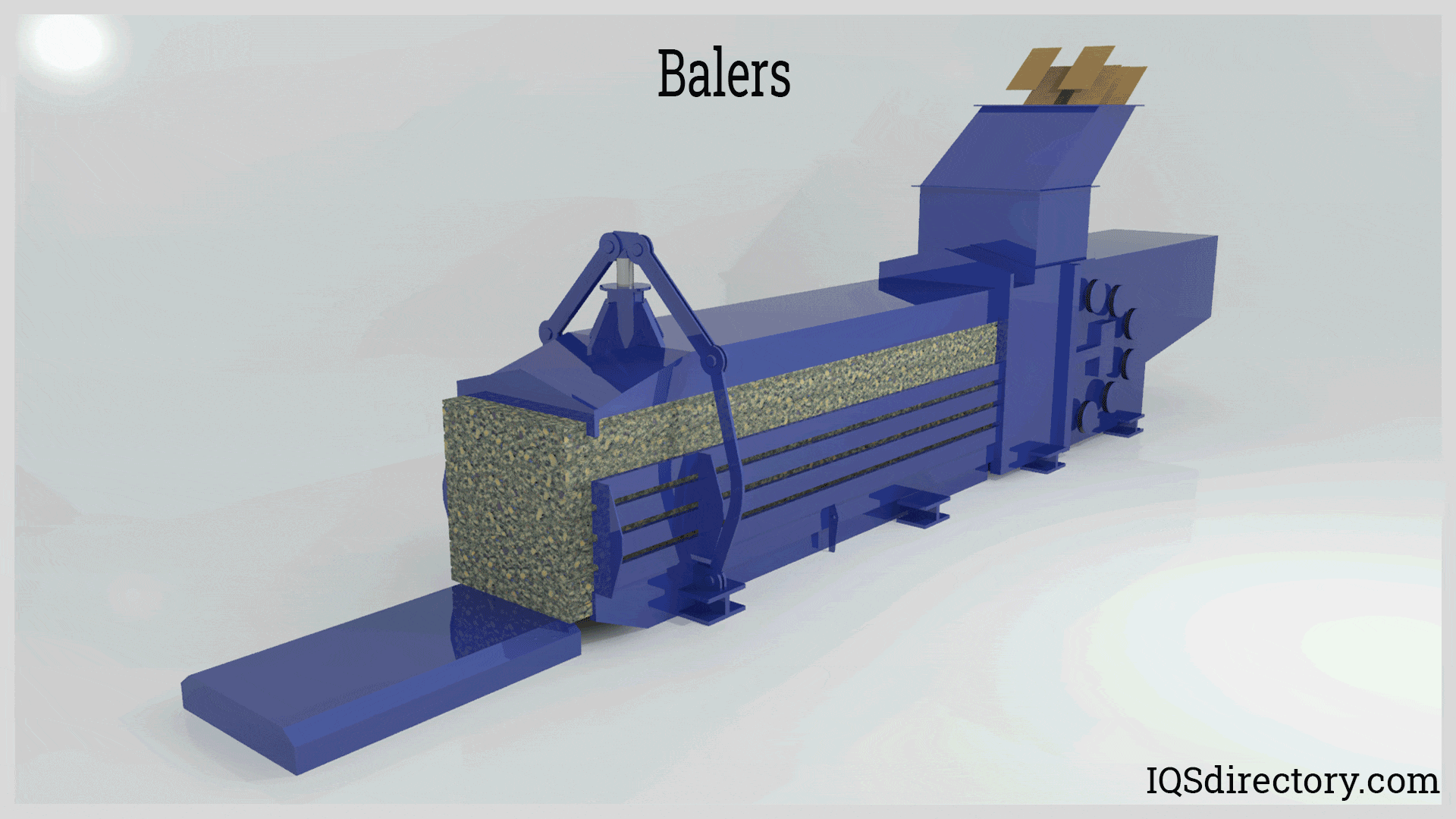
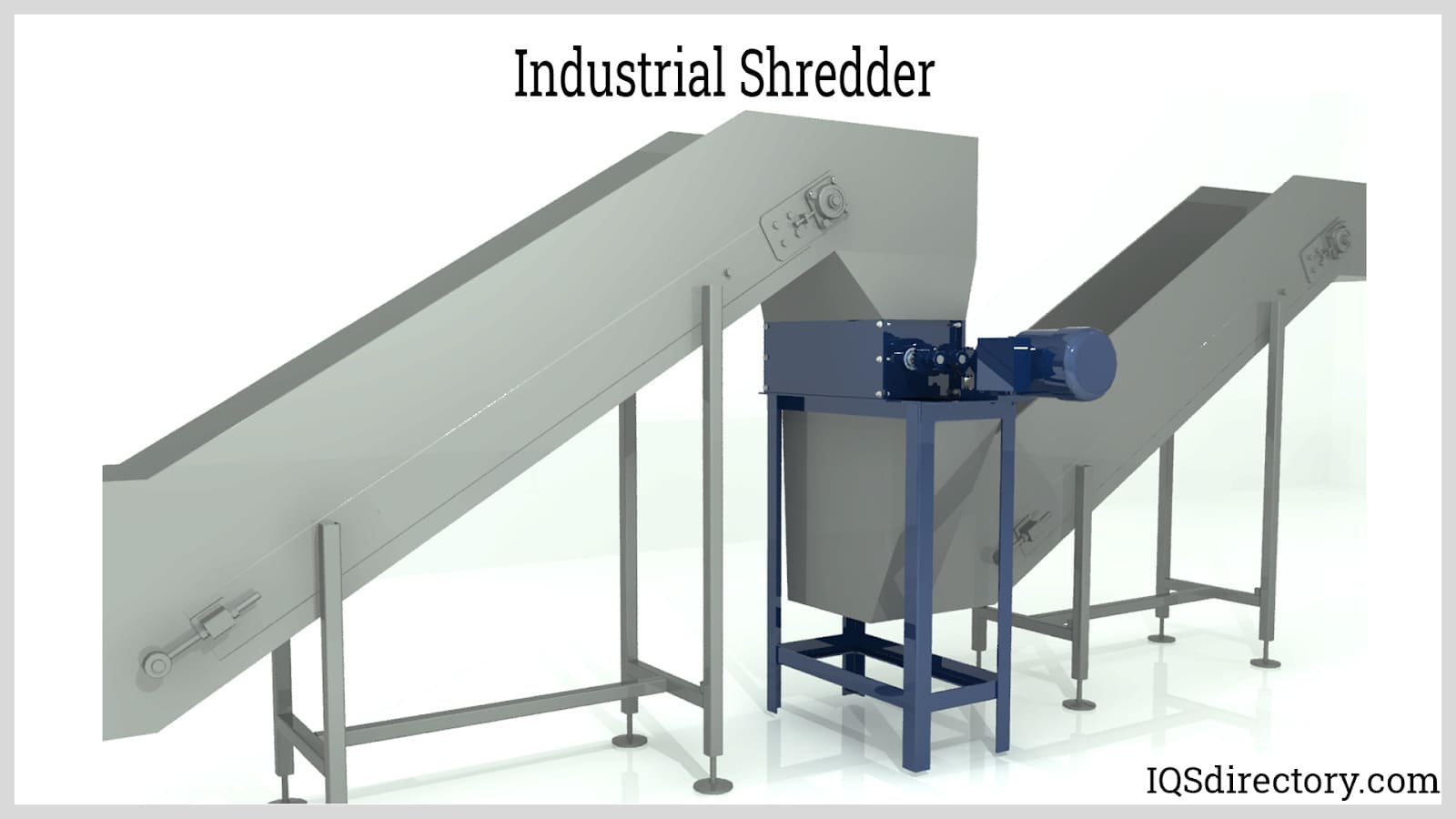
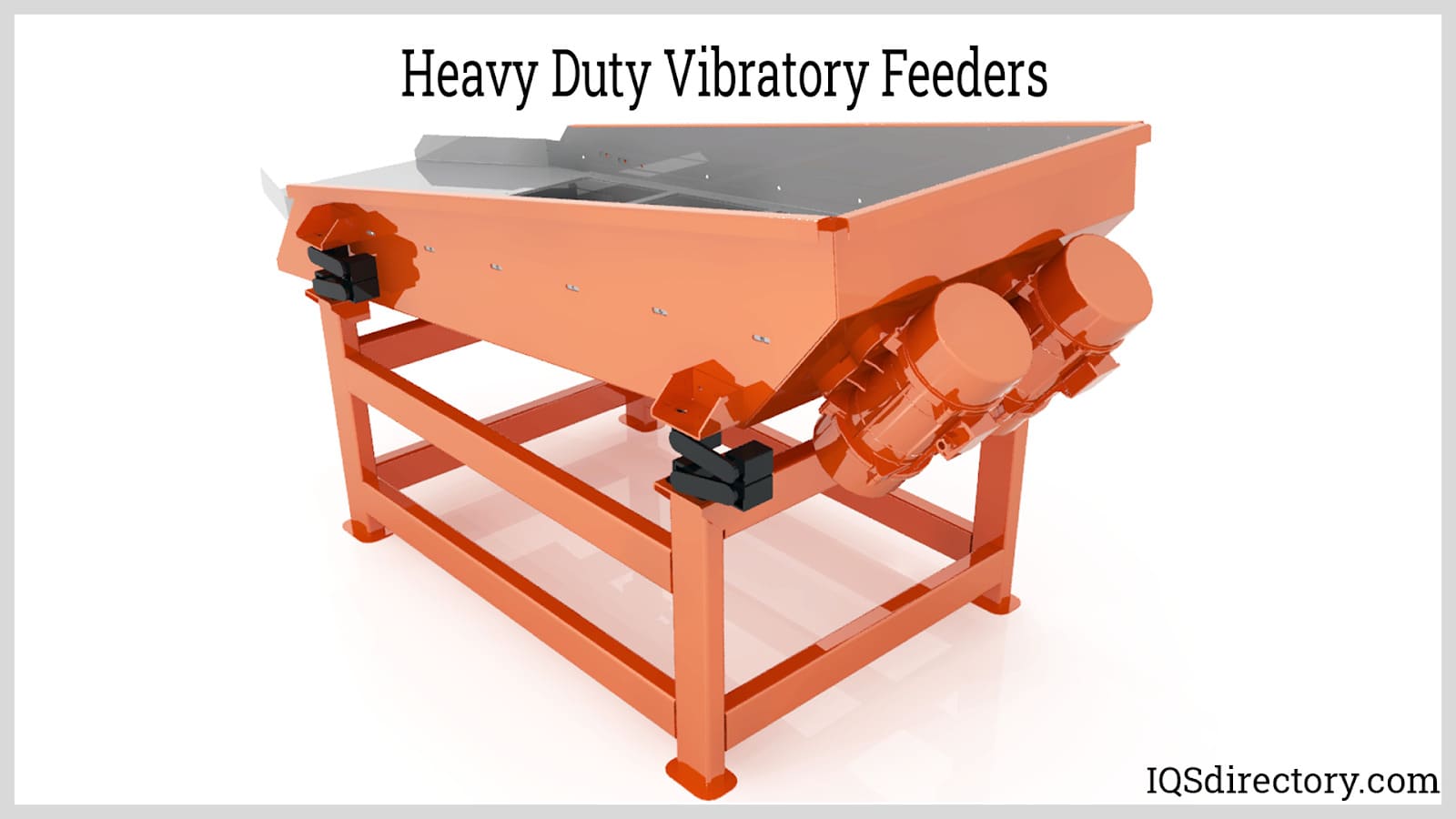
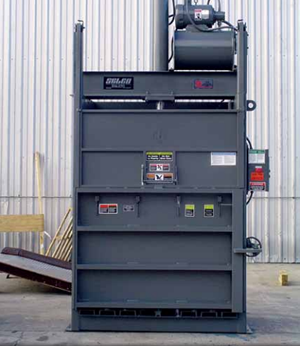 Balers
Balers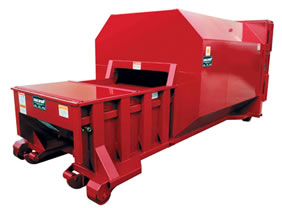 Compactors
Compactors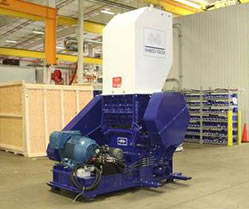 Granulators
Granulators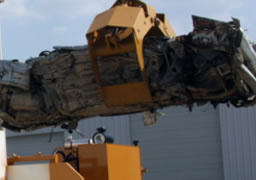 Grapplers
Grapplers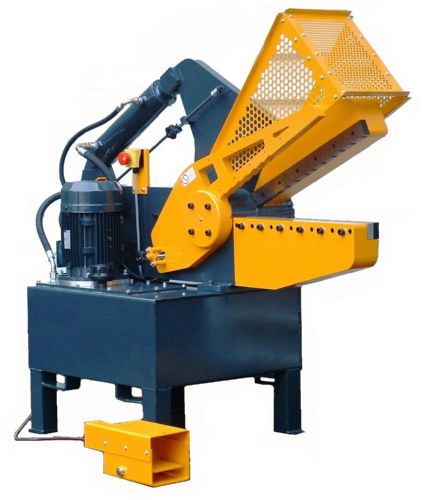 Metal Shears
Metal Shears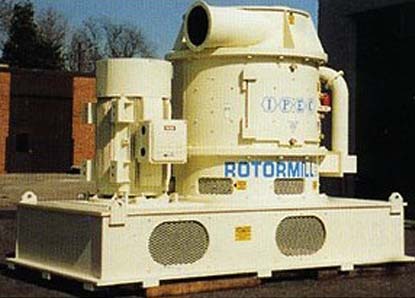 Pulverizers
Pulverizers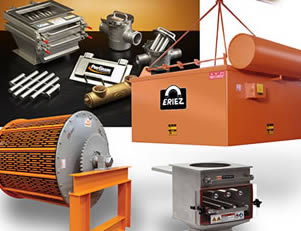 Separators
Separators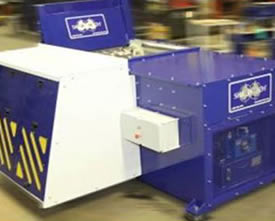 Shredders
Shredders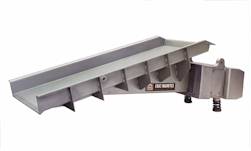 Vibratory Feeders
Vibratory Feeders Castings & Forgings
Castings & Forgings Bulk Material Handling
Bulk Material Handling Electrical & Electronic Components
Electrical & Electronic Components Flow Instrumentation
Flow Instrumentation Hardware
Hardware Material Handling Equipment
Material Handling Equipment Metal Cutting Services
Metal Cutting Services Metal Forming Services
Metal Forming Services Metal Suppliers
Metal Suppliers Motion Control Products
Motion Control Products Plant & Facility Equipment
Plant & Facility Equipment Plant & Facility Supplies
Plant & Facility Supplies Plastic Molding Processes
Plastic Molding Processes Pumps & Valves
Pumps & Valves Recycling Equipment
Recycling Equipment Rubber Products & Services
Rubber Products & Services